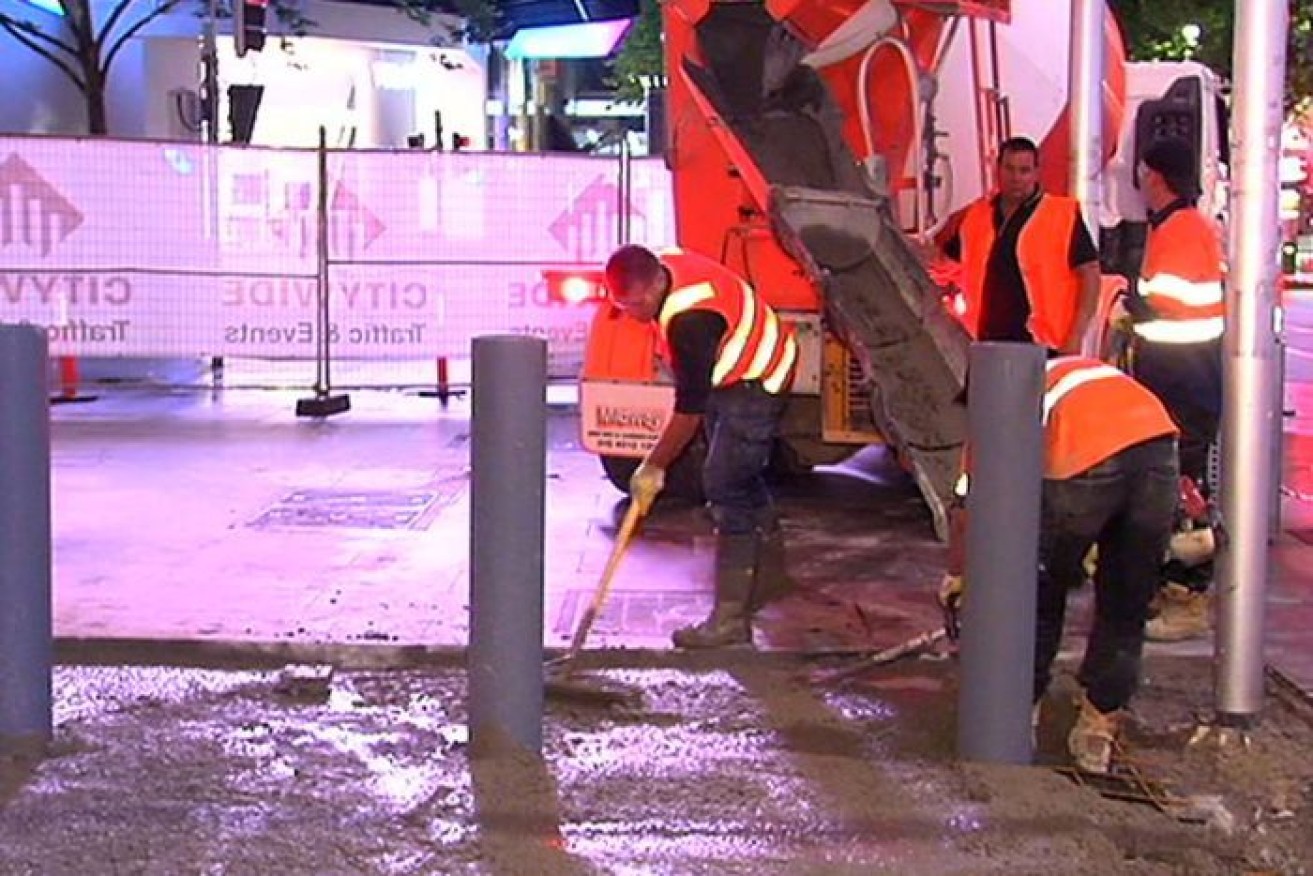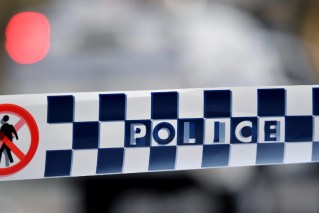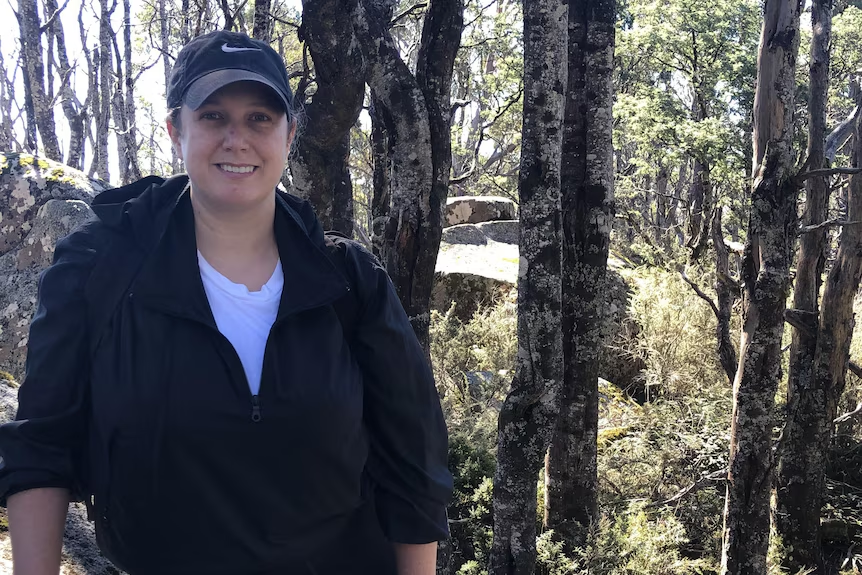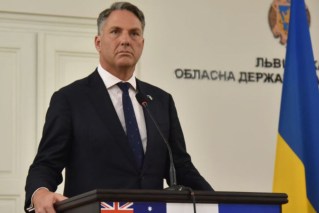Victoria plans terror law changes as Melbourne’s CBD gets permanent bollards and planters

Workers install the new bollards in the Melbourne CBD this week. Photo: ABC
Children as young as 14 could be held for questioning by Victorian police under proposed law changes, as the Victorian Government responds to a review of the state’s counter-terrorism measures.
The Victorian Government has also revealed new permanent security features are being built in Melbourne’s CBD to prevent terrorist attacks, as part of a $10 million CBD upgrade.
Under the law changes announced this morning, the use of Preventative Detention Orders – when a person is detained without charge, because of fears of an imminent threat – will be extended to 14-year-olds, down from the age of 16.
Suspects under 16 will be able to be held for 36 hours before police are required to apply for an order from the Supreme Court to detain them further.
Under changes announced earlier in the year, adults will be able to be held for up to four days.
Danger from young teens is real says Premier
Premier Daniel Andrews used the case of radicalised teenager Farhad Mohammad, who shot and killed NSW police accountant Curtis Cheng, to demonstrate why the laws were necessary.
“These are very real issues,” Mr Andrews said.
“We have seen … people as young as 14 posing a significant risk to community safety.
“It would be a terrible failure if to protect the notional civil liberties of a very small number of people we put at risk the safety of a much larger group of people. Indeed, potentially tens of thousands of people.”
The changes were recommended by former police chief Ken Lay and former Supreme Court justice David Harper, who reviewed Victoria’s counter-terrorism laws after a deadly siege in Brighton earlier this year.
It was the second report from the pair and included 26 recommendations in total. The Andrews Government said it accepted all 26 in principle.
Other recommendations include:
- Enabling the Police Commissioner to apply for court orders to force people to take part in “disengagement programs” if they display radical or violent behaviour.
- Talking to the Commonwealth and other states about removing motive as an essential element of the definition of a terrorist act
- Working with federal authorities to introduce a new offence for possession of terrorism-related material.
- Seeking agreement with other states for a national post-sentence supervision scheme for high-risk offenders
The first report, released in September, recommended police be given stronger shoot-to-kill protections.
Mr Lay said the second report also looked at dealing with left and right-wing extremism.
“As we all understand, there’s been a real focus on Islamic extremism in recent times, but the [review] panel saw a gap in the right and left-wing space,” he said.
“To properly protect the community and understand the risks, research needs to be done in that space.”
Mr Lay said more work was needed to understand the effects Islamophobia has had on the Muslim community.
Police powers will ‘undermine’ deradicalisation efforts
Barrister Rob Stary, who has represented many terrorism suspects, said the State Government had failed to demonstrate how the laws would prevent terrorism.
“I’ve been working for almost 40 years and I can’t think of a single instance where preventative detention of 14-year-old child is appropriate,” he said.
The State Government is essentially a populist law and order government, I’m sorry to say.”
Criminologist Clarke Jones from Australian National University, who works with at-risk children in conservative Muslim communities, backed Mr Stary’s concerns.
“The greater the exposure to the criminal justice system the greater likelihood of reoffending,” he said.
Dr Jones said the new police powers would undermine efforts to work with community groups to counter violent extremism.
“In one sense you have these preventative community outreach strategies and then you’ve got policies where you want to detain them and lock them up.
“They sort of work against each other.”
Steel bollards, planter boxes to replace concrete boxes
The Victorian Government also revealed work had begun to replace temporary concrete bollards installed around the CBD to protect against vehicle attacks.
The Bourke Street Mall is the first of nine sites to get permanent protective barriers, and the rest of the sites will be upgraded over the next 12 months.

New planter boxes in the Melbourne CBD. Photo: ABC
They had been placed at eight key locations, which were identified by Victoria Police based on pedestrian traffic, public events and significance to the city.
The bollards were installed after a car driven along the pedestrian mall in Bourke St killed six people and injured more than 20 others in January.
Stainless steel bollards will be installed at the Swanston St and Elizabeth St corners of the mall, and fixed planter boxes will be installed along Bourke St to protect against vehicle attacks.
Work is continuing to find a design to prevent vehicles from entering the mall on the tram tracks.
There are 720 tram movements and 75,000 pedestrian movements per day in Bourke St.
Melbourne Lord Mayor Robert Doyle said a “ring of steel” configuration would not have worked because access for emergency and delivery vehicles needed to be preserved.
-ABC








